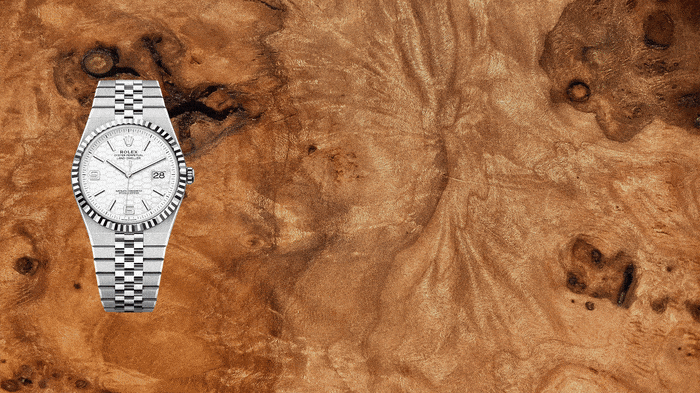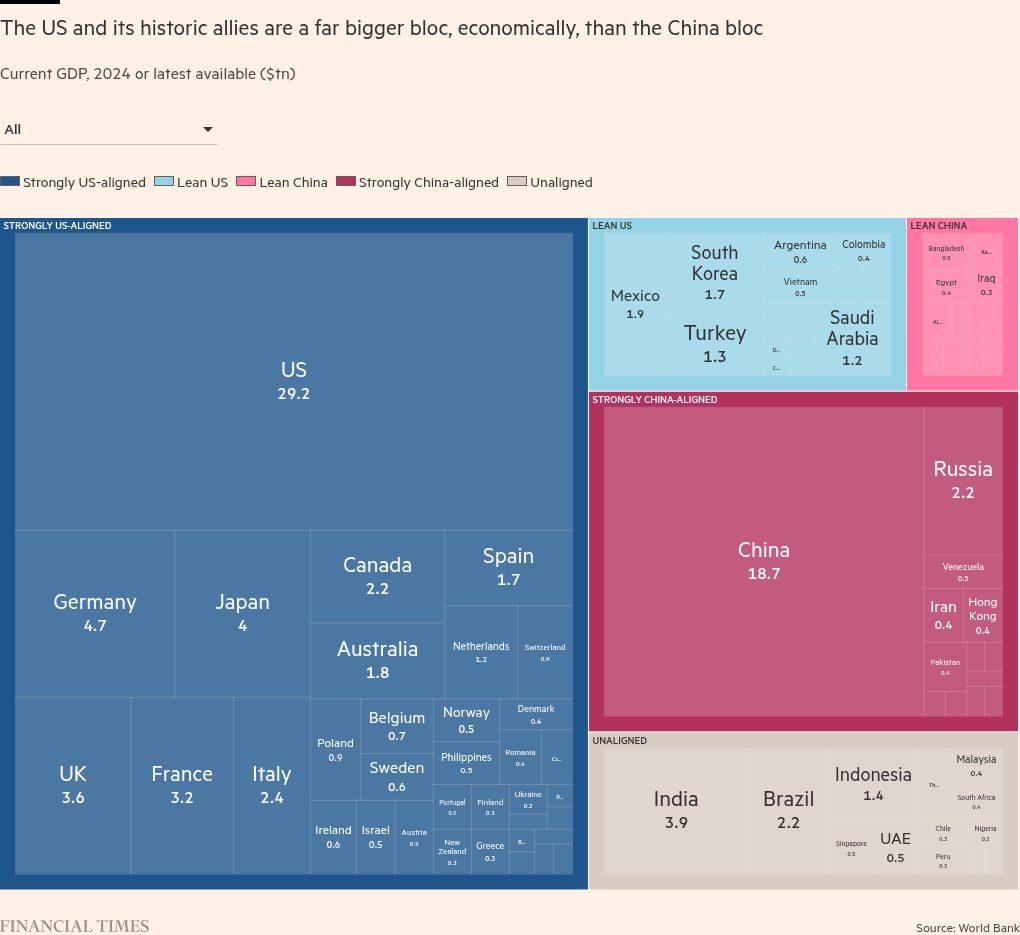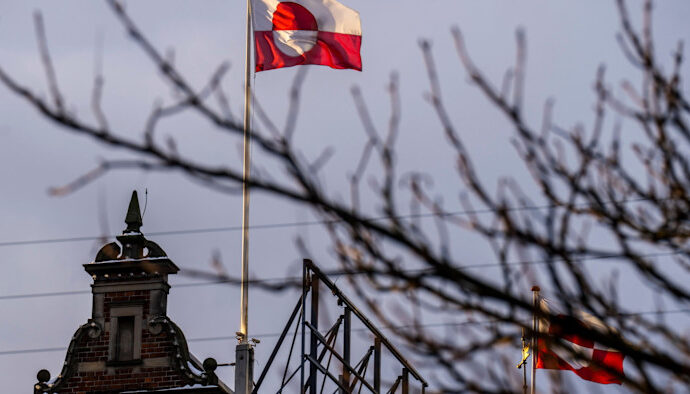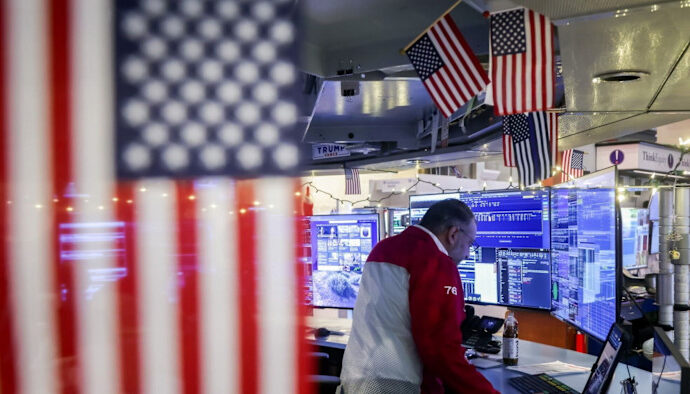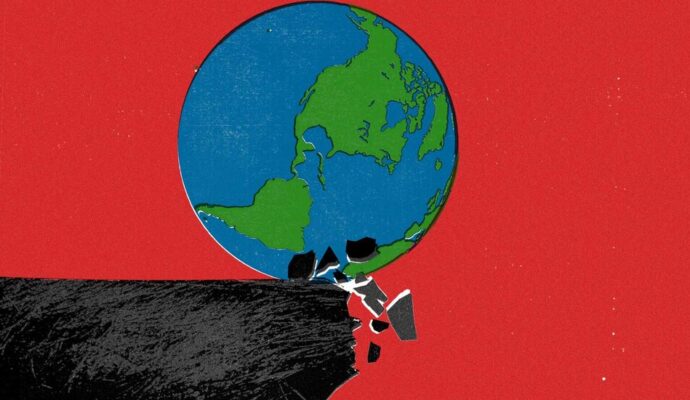This article is an on-site version of our FirstFT newsletter. Subscribers can sign up to our Asia, Europe/Africa or Americas edition to get the newsletter delivered every weekday morning. Explore all of our newsletters here
Good morning and welcome back to FirstFT Asia. In today’s newsletter:
Volkswagen has said it can produce an electric vehicle entirely made in China for half the cost of doing so elsewhere, as the German automaker fights to reclaim its share in the world’s biggest market.
What to know: Europe’s largest carmaker said yesterday that, following a series of investments in the country, it can for the first time develop new cars outside Germany. VW is preparing to release about 30 EV models in China over the next five years, in a bet on localised research and development. The carmaker said that, compared with the 2023 production costs for EVs in Germany, the cost for some models in China had been reduced by as much as 50 per cent because of supply chain efficiencies.
VW’s China plans: The carmaker initially described its strategy as “in China, for China”. However, the group is in discussions about increasing exports of Chinese-made cars as well as applying China breakthroughs throughout its global operations, said executives. VW is among a clutch of European carmakers attempting to replicate the speed of vehicle development in China by hiring local engineers, collaborating with partners there and by tearing down vehicles made by BYD and other newer rivals.
VW was for many years the biggest carmaker in China but it has lost market share as a wave of innovative Chinese EV rivals won over consumers. Read more about the carmaker’s efforts to survive in China.
Here’s what else we’re keeping tabs on today:
Economic data: Australia publishes October inflation data.
UK economy: Chancellor Rachel Reeves unveils a massive tax-raising Budget in what is perhaps the defining event of this parliament.
Join senior Financial Times editors on December 3 for a discussion on what will shape the year ahead. Register for free today.
Five more top stories
1. Donald Trump said he would dispatch special envoy Steve Witkoff to meet Russian leader Vladimir Putin in Moscow in another push to secure a peace plan to end the Kremlin’s war in Ukraine. The US president said his negotiators had made “tremendous progress” in ending the war — but he would wait until a deal was within reach before meeting Ukraine’s leader Volodymyr Zelenskyy and Putin. Here’s the latest on the peace talks.
2. Samsung chair Lee Jae-yong hosted Mukesh Ambani, Asia’s richest man and chair of India’s Reliance Industries, for talks over deepening the relationship between two of the region’s most powerful conglomerates. Lee has been holding a series of high-profile meetings as he seeks to keep his company in a strong position for the global AI build-out.
3. Nvidia shares fell sharply yesterday on fears that Google is gaining ground in AI, erasing $150bn in market value from the chipmaker. Google last week released Gemini 3, its latest large language model, which is considered to have leapfrogged OpenAI’s ChatGPT. Analysts likened Gemini 3’s impact to the disruption triggered by Chinese start-up DeepSeek.
4. Indonesia is investigating radioactive contamination at an industrial zone after US and Dutch authorities found unusual levels of radiation in some of the south-east Asian country’s biggest exports. A total of 22 factories were affected, including facilities that process shrimp and make footwear for Nike and Adidas. Here are more details.
5. A series of grim official data released in the US has deepened concerns about the health of the world’s largest economy. Signs of weakness in retail sales and consumer confidence released yesterday suggest Americans are pulling back on spending amid an affordability crisis that has raised pressure on Trump.
‘Scraping for crumbs’: High prices of food, rents and healthcare are forcing lower-income Americans to cut back on necessities just as the Trump administration curbs government supports.
The Big Read
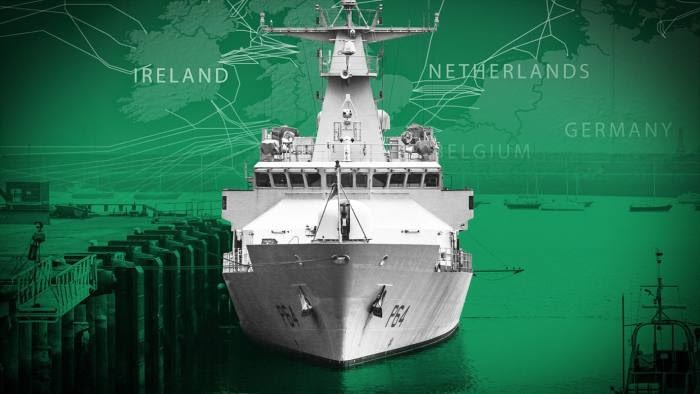
Ireland’s location on Europe’s western fringe has made it pivotal to global communications. But with a small navy and limited intelligence sharing, some say the military-neutral EU member is incapable of protecting itself and the transatlantic data cables running through its territory. Read more on what makes the island nation a weak link in EU defence.
We’re also reading . . .
Rare earths: A small Australian town best known for its giant Elvis Presley festival is gaining global significance in the race to break China’s control of rare earths.
Jair Bolsonaro: A Brazilian supreme court judge has ordered the ex-president to start serving a 27-year jail sentence following his conviction for coup plotting.
Global depopulation: What would it feel like to live in a shrinking world? One view is that it would be bleak. Sarah O’Connor is more optimistic.
Chart of the day
The Fractured Age, a new book by Neil Shearing of Capital Economics, argues that the world economy will divide between a US-centred bloc and a China-centred one. But which country will come out ahead? Martin Wolf examines this question in his latest column.
Take a break from the news . . .
HTSI horology expert Nick Foulkes picks his top timepieces of 2025.
